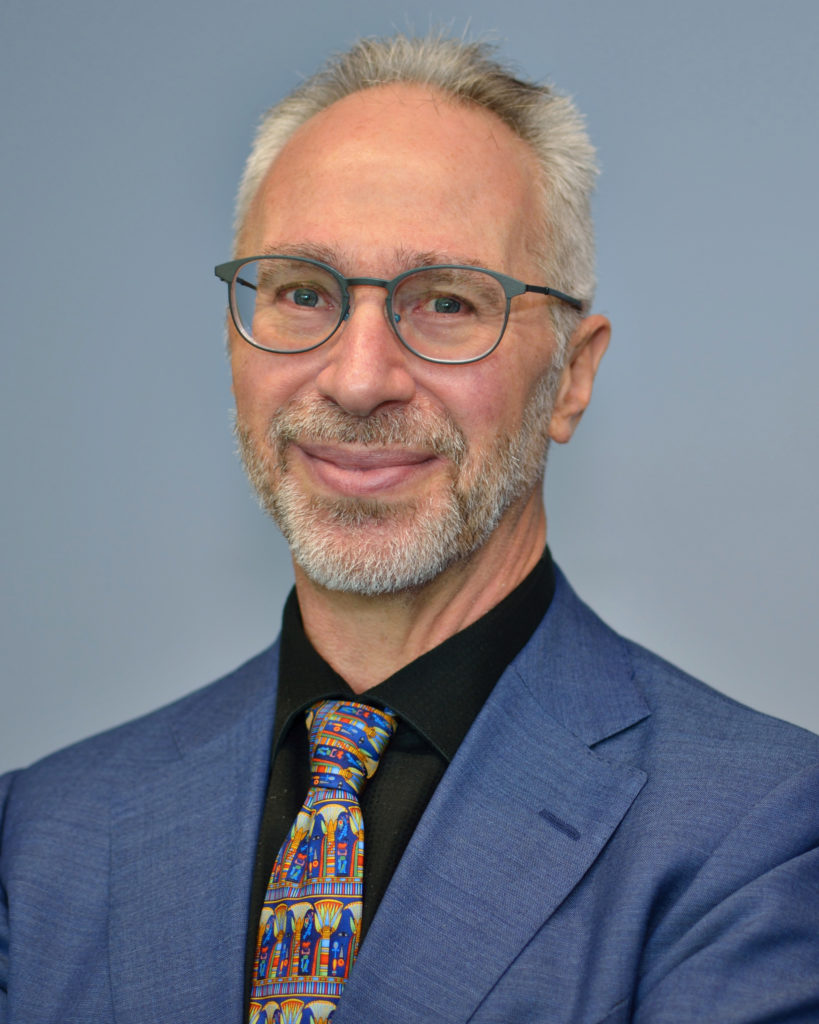
Carl S. Ehrlich
Carl S. Ehrlich (Ph.D. Harvard ’91) is Professor of Hebrew Bible and former director of the Israel and Golda Koschitzky Centre for Jewish Studies at York University in Toronto. Among his areas of interest are synchronic, diachronic, and contextual approaches to the biblical text and Israelite civilization.
His most recent publications include the (co-)edited collections From an Antique Land: An Introduction to Ancient Near Eastern Literature (2009) and Purity, Holiness, and Identity in Judaism and Christianity: Essays in Memory of Susan Haber (2013).
Current projects include a cultural history of Moses and a commentary on Chronicles.
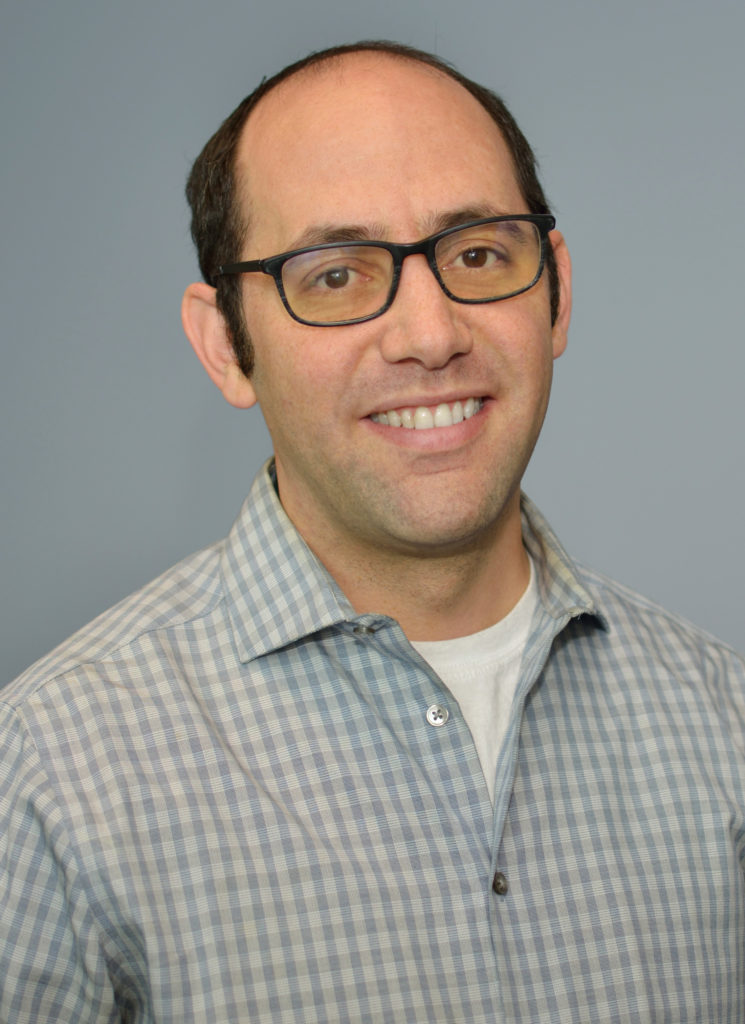
Marc Herman
Marc Herman is an assistant professor at York University in the Department of Humanities. His research focuses on the interactions of Jewish and Islamic intellectual history in the medieval Mediterranean, with a particular interest in the overlapping sacred histories of Jews and Muslims. A graduate of the University of Pennsylvania, he has held postdoctoral fellowships at Columbia University, Fordham University, Harvard University, the University of Michigan, the University of Pennsylvania, and Yale Law School. He is the coeditor of Accounting for the Commandments in Medieval Judaism: Studies in Law, Philosophy, Pietism, and Kabbalah (Brill, 2021) and is finishing a monograph titled After Revelation: The Rabbinic Past in the Islamic World.Marc Herman will be an assistant professor at York University beginning in 2022. His research focuses on the interactions of Jewish and Islamic intellectual history in the medieval Mediterranean, with a particular interest in the overlapping sacred histories of Jews and Muslims. A graduate of the University of Pennsylvania, he has held postdoctoral fellowships at Columbia University, Fordham University, Harvard University, the University of Michigan, the University of Pennsylvania, and Yale Law School. He is the coeditor of Accounting for the Commandments in Medieval Judaism: Studies in Law, Philosophy, Pietism, and Kabbalah and is currently writing a monograph titled Imagining Revelation: Medieval Jewish Presentations of the Oral Torah in an Islamic Key.
Recent publications:
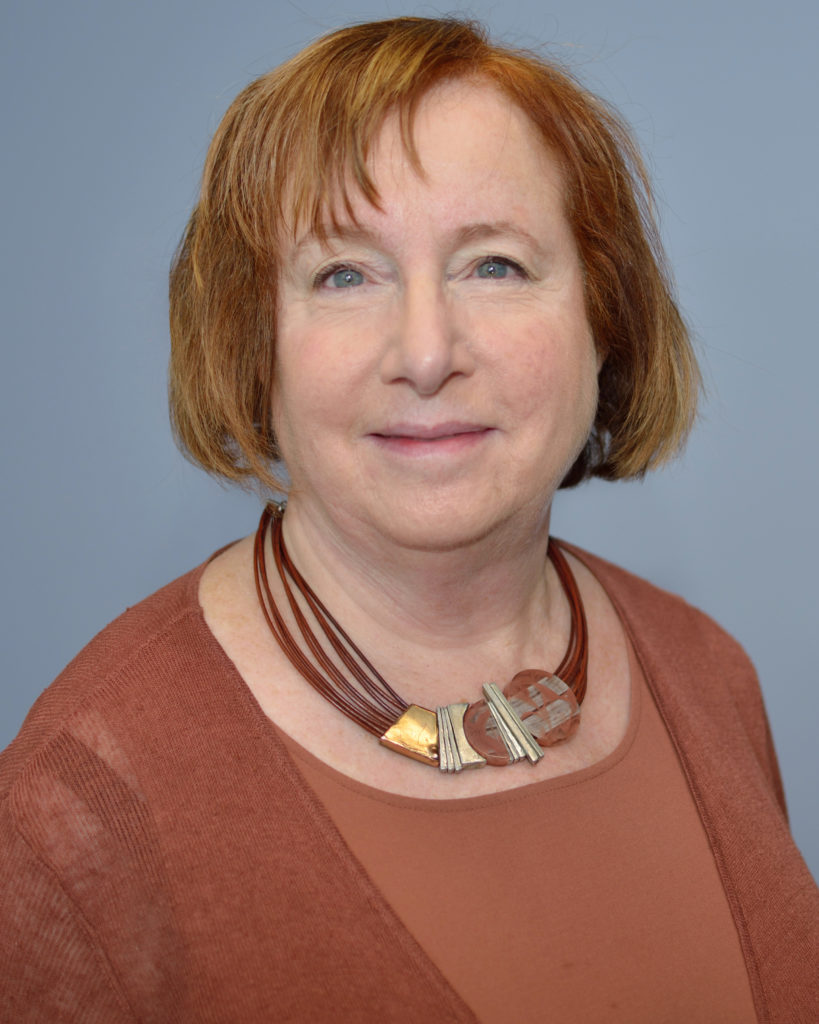
Sara Horowitz
Sara R. Horowitzis Professor of comparative literature and Jewish Studies. She teaches courses on literary responses to the Holocaust, gender and Jewish studies, Israeli cinema, and Jewish memory. She is the author of Voicing the Void: Muteness and Memory in Holocaust Fiction, which received the Choice Award for Outstanding Academic Book.
She is co-editor of H. G. Adler: Life, Literature, Legacy, which was awarded the 2016 Canadian Jewish Literary Award in Jewish Thought and Culture, co-editor of Encounter with Appelfeld, and founding co-editor of the journal Kerem. Her research focuses on Holocaust literature, women survivors, Jewish American fiction and and Israeli cinema.
Currently, she is completing a book entitled Gender, Genocide and Jewish Memory, and co-editing a collection of essays on the image of Paris in post-war Jewish literary memory. She has served as president of the Association for Jewish Studies and on the Executive Committee for Jewish Literature of the Modern Language Association.
She sits on the Academic Advisory Committee for the Mandel Center for Advanced Holocaust Research at the U.S. Holocaust Memorial Museum. Prof. Horowitz is the coordinator of the Graduate Diploma program.
Recent projects and honours include:
Editor (with Carl Ehrlich), The State of Jewish Studies: Perspectives on Premodern Periods (Berlin: De Gruyter, 2023)
Publications:
“Learning from the Past, Teaching for the Future: A Forum,” with Anna Veprinska, Canadian Jewish Studies / Études juives canadiennes vol. 38, 2024, 133-159.
“The Saturated Forgetfulness of Liturgical Memory,” in Hyam Plutzik, American Jewish Poet, eds.Victoria Arons and Holli Levitsky (Boston: Academic Studies Press. forthcoming 2025).
“Unsettled Accounts: Sexualized Memories of Child Survivors of the Shoah,” in I haven’t even told my mother: Children as victims of sexual and sexualized violence in the Second World War and its aftermath, eds. Helga Amesberger, Helga Embacher, Johanns-Dieter Steinert. (Saltzberg: Edition Tandem, forthcoming 2025).
International speaking:
“Unsettled Accounts: Sexualized Memories of Child and Adolescent Survivors of the Shoah,” Yad Vashem, Jerusalem, Israel. (16 April 2024).
“Since when can't a virgin be a whore?”:The Dynamics of Shame and Agency in Women's Accounts of the Shoah,” Women in the Holocaust - International Scientific Conference, Belgrade, 10-12 October 2024/
“Between Purity and Degradation: Gender and the Ethics of Literary Memory," Workshop on "The Limits of Faith: Jewish Women's Views of the Divine, Jewish History and Tradition After Auschwitz," Maimonides Centre for Advanced Studies, University of Hamburg, Germany (13-14 June 2023).
"Black Milk: The Fragility of Childhood in the Shoah," Kehillat Yedidya, Jerusalem (5 May 2024).
Inducted into Royal Society of Canada, November 2023 York University Research Award (to be awarded September 19, 2024)
2024 York University Research Award Winner.
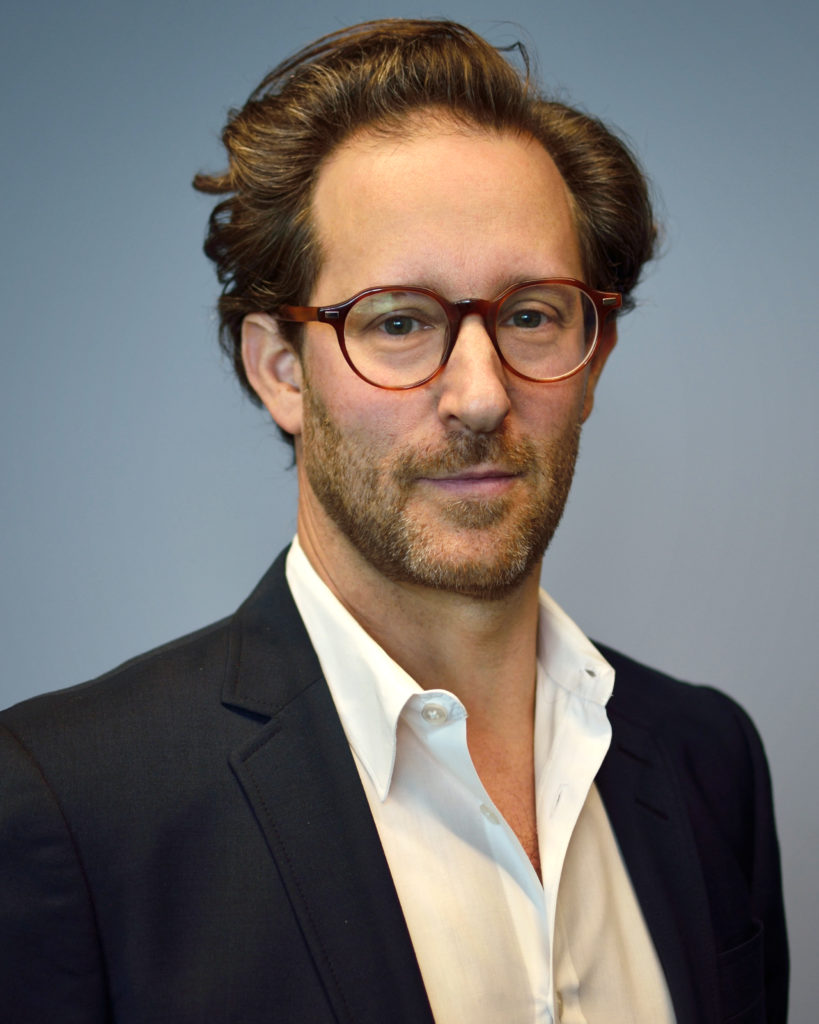
David Koffman (Associate Director)
David S. Koffman is the J. Richard Shiff Chair for the Study of Canadian Jewry and an Associate Professor in the Department of History. His undergraduate courses include "Worry & Wonder: Jewish Politics, Culture & Religion in Canada", "A Convenient Hatred: Antisemitism Before, During and After the Holocaust", "God/USA: Religion in America Since 1491", "Making Money," and "History of Me: The Genealogy Seminar." He is the author of The Jews’ Indian: Colonialism, Pluralism, and Belonging in America (Rutgers University Press, 2019), winner of an Association for Jewish Studies' Jordan Schnitzer Book Award, and the editor of, and a contributor to No Better Home? Jews, Canada, and the Sense of Belonging (University of Toronto Press, 2021). He has published work in journals including the Journal of the Gilded Age and Progressive Era, Journal of Jewish Education, Canadian Jewish Studies, American Jewish History, Contemporary Jewry, and the Journal of American Ethnic History.
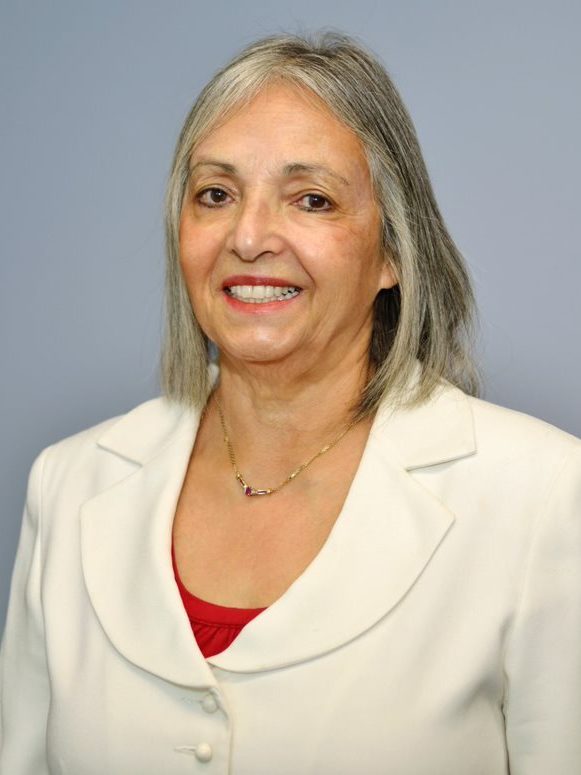
Ahouva Shulman
Ahouva Shulman is Associate Professor in the Department of Languages, Literature and Linguistics, Faculty of Liberal Arts & Professional Studies. She holds a B.A. in Hebrew Language from the Hebrew University of Jerusalem and an M.A. and PhD in Hebrew Language from the University of Toronto. Her areas of teaching include modern and biblical Hebrew.
Prof. Shulman is conducting research in Biblical Hebrew grammar.
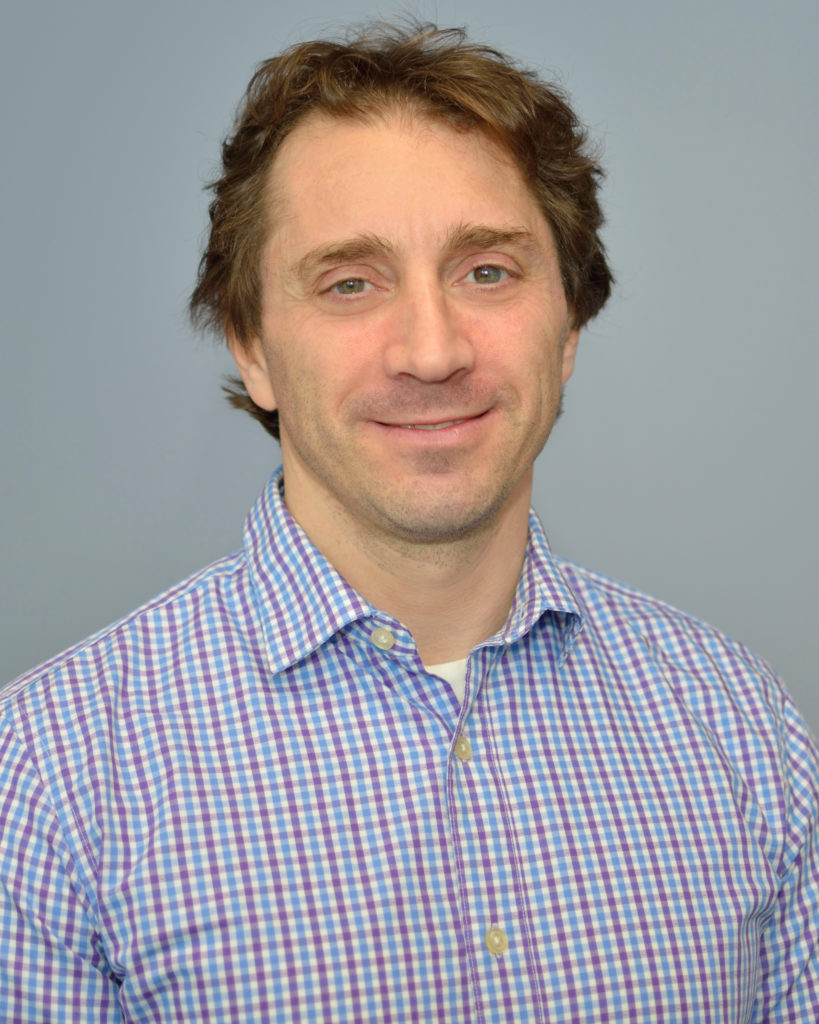
Kalman Weiser (Centre Director)
Kalman Weiser is the Silber Family Professor of Modern Jewish Studies and the Director of the Israel and Golda Koschitzky Centre for Jewish Studies at York University. A native of NYC (BA,Yale; MA and PhD, Columbia), he is the author of several studies about Jewish nationalism and Jews’ relationship to language, especially in eastern Europe. His study Jewish People, Yiddish Nation. Noah Prylucki and the Folkists in Poland won the 2012 Canadian Jewish Book Award for scholarship. He is also a contributor to and co-editor of Czernowitz at 100: the First Yiddish Language Conference in Historical Perspective (2010); a revised and expanded edition of Solomon Birnbaum's seminal work Yiddish: a Survey and a Grammar (2016); and Key Concepts in the Study of Antisemitism (2021). In 2018, he was the co-organizer of Teaching about Antisemitism in the 21st Century, an intensive summer institute for advanced graduate students and junior faculty that is scheduled to be renewed in 2023.He has recently completed the manuscript for a book about Nazi scholars of Yiddish and their relationships with Jewish colleagues before, during and after World War II. Presently, he is conducting work on the history of the YIVO Institute for Jewish Research in post-war America.
Prof. Weiser regularly teaches courses about modern Jewish and general eastern European history, antisemitism, Yiddish, and Jewish languages. He has lectured widely in the US, Europe, Japan, and Israel.

Laura Wiseman
Laura Wiseman, PhD Hebrew Language and Literature, Collaborative Doctorate Jewish Studies, is a member of the Faculty of Education, Department of Humanities LAPS, and Faculty of Graduate Studies. As Koschitzky Family Chair in Jewish Teacher Education, she works with students of the Jewish Teacher Education Program preparing to teach Jewish Studies in formal, informal and experiential education settings. Her research focuses on the significance of intertextual reverberations in Hebrew language and literature: prose and poetry, life writing and écriture féminine. Her work takes into account classical Hebrew sources as well as medieval and modern belles lettres. Her present research is on the sacred and the sensual in contemporary Hebrew love poetry by Sivan Har-Shefi.
Wiseman is currently president of Canadian Society for Jewish Studies and vice president of Midwest Jewish Studies Association.
Recent works
Wiseman, Laura. (forthcoming 2022). “Love Urgently, Wistfully, Playfully, Sacredly (Parts One and Two).” From Knowledge to Interpretive Transmission: Critical (Canadian) Readings of Jewish History and Thought. Daniel Maoz and Esti Mayer, eds. Cambridge Scholars Publishing.
Wiseman, Laura. 2021. “Word on the Street in the State Book Satires of S.Y. Agnon.” Agnon’s Tales of the Land of Israel. Shalom Carmy and Jeffrey Saks, eds. Eugene: Wipf and Stock. 151-165.
Wiseman, Laura. 2021. “Lament Poetry: Voices of Protest.” Spatialized Injustice in the Contemporary City: Protesting as Public Pedagogy. S. Nombuso Dlamini and Angela Steinen, eds. Routledge/Taylor and Francis. 114-133.
Research Associates
- Dr. Arye Rainer (2025-2026) is a scholar of Jewish philosophy specializing in the transmission and interpretation of medieval and early modern thought. He received his PhD in Jewish Philosophy from Bar-Ilan University with a dissertation on the Hebrew translation of Averroes’ Middle Commentary on Aristotle’s Topica by Kalonymus ben Kalonymus, and has published and prepared critical editions of Hebrew philosophical texts. His research explores the intersections of rabbinic tradition, philosophy, and science, with particular attention to logic and rhetoric in medieval debates and the migration of knowledge from Provence to Italy. He has taught extensively in Jewish thought and philosophy in academic and community settings and is currently working at the Cohn Institute of Tel Aviv University on a critical edition of Abraham Bar Hiyya’s Treatise on Measurement and Calculation.
- Dr. Analucía Lopezrevoredo (2024-2025) is a sociologist, experiential educator, and organizational leader specializing in designing innovative frameworks that strengthen global Jewish communities while fostering meaningful connections between Jews and non-Jews. In 2019, she founded Jewtina y Co., a community-driven organization dedicated to celebrating Latin-Jewish identity, cultivating leadership and resilience, advancing research on Latin-Jewish peoplehood, and building coalitions between Jewish and Latino communities across English-speaking North America.
Dr. Lopezrevoredo is the recipient of the National Young Woman of Distinction Award, designated by former President George W. Bush, and currently a Fulbright Scholar at York University, where she is conducting research on Canadian Latin-Jewry. - Dr. Leyzer Burko (2024-2025) is a Yiddish scholar originally from New York. His dissertation focused on the history of Yiddish language scholarship in the postwar period, especially the work of the YIVO Linguistic Circle. His current research is mainly in Yiddish lexicography, dialectology, and etymology, in the form of an online Yiddish dialect dictionary. Besides the prewar dialects once spoken in Europe, he also aims to cover the contemporary dialects spoken in Orthodox, especially Hasidic communities.
- Diego Rotman (2024-2025) is a Senior Lecturer, researcher, artist, and curator focusing on performative practices related to local historiography, contemporary art, and Yiddish theater. He has headed the Department of Theater Studies at the Hebrew University of Jerusalem since 2019, where he launched The OWL lab-performance in 2022. His co-edited book Possession and Dispossession: Performing Jewish Ethnography in Jerusalem was published in 2022, and he co-founded The Green Roof, an inclusive space, in 2023. His book The Yiddish Stage as a Temporary Home – Dzigan and Shumacher’s Satirical Theater (1927-1980) earned the 2019 Shapiro Award for Best Book in Israel Studies. In 2000, he and Mauas founded the Sala-manca Group, dedicated to contemporary and public art, and in 2009 established the Mamuta Art and Research Center, now based at Hansen House in Jerusalem.
- Dr. Ovgu Ulgen (2024-2025) holds a PhD in Sociology from Université de Montréal (2023), an MA in Sociology from Ecole des hautes études en sciences sociales (EHESS, 2014), and a B.S. in Sociology from Middle East Technical University (METU, 2011). From November 2023 to April 2024, she was a fellow at the Université du Québec à Montréal working on a project of asylum seekers and refugees living in Quebec. In her dissertation, which was funded by FRQSC and IRTG Diversity, she sought to understand belonging at the intersection of language and religion from the lived experiences of Jewish immigrants and explored what it said about interculturalism and multiculturalism in Canada. Currently, she is working on her book project.
- Dr. Liat Naeh (2022-2024) is a scholar and a museum professional focusing on the art and archaeology of the Middle East during the Bronze and Iron Ages. Her interests and teaching encompass the ancient Levant, ancient Egypt, Mesopotamia, and the Mediterranean; the historiography of archaeology in the Middle East; and practices of collecting and displaying antiquities in museums and beyond. Her research ranges from 20th-century displays of Biblical Archaeology within museum exhibitions in Israel and North America, to the study of ancient Canaanite and Israelite schools of art in the context of West-Semitic literary traditions. She has published extensively on Levantine cult sites, bone and ivory craft, as well as Levantine ritualistic furniture, and is the co-editor of a volume on thrones in the ancient world. Before arriving in Toronto, Naeh was a postdoctoral fellow at the Department of Ancient Near Eastern Art at the Metropolitan Museum of Art and at the Bard Graduate Center, both in New York. She is also a published, award-winning poet in her native language of Hebrew.
- Dr. Matt Reingold (2020- ) completed his PhD in Jewish Education at York University as a Wexner Fellow & Davidson Scholar. His research interests are Jewish and Israeli graphic novels and Israel education. He is currently working on a manuscript about Israeli cartoonist Asaf Hanuka.
- Dr. Marina Zilbergertz (2022-2023) (Ph.D, Stanford University) is a scholar of Jewish Literature and Thought. She is the author of The Yeshiva and the Rise of Modern Hebrew Literature (Indiana University Press, 2022). From 2016-2022, she was the Lipton Assistant Professor in Eastern European Jewish Studies at the University of Wisconsin-Madison. Marina is currently working on a book project on biblical voice and narrative. She grew up in Zhitomir, Tel Aviv, and Toronto.
- Dr. Simon-Pierre Lacasse (2020-2021)
- Rich Robertson (2020-2021)
- Cristiana Conti (2019-2020) is completing a Ph.D. (ABD) in biblical exegesis in the Department of History at York University, with a defense expected in late Spring 2023. Her dissertation, entitled The Curse of Yhwh: Neo-Assyrian Anti-Witchcraft Imagery in the Book of Jeremiah, compares Jeremiah's rhetoric against false prophecy to earlier anti-demonic language in Mesopotamian anti-witchcraft literature. She currently serves as an adjunct faculty member in the Department of Humanities at Austin Community College (Austin, Texas). Her teaching interests include Ancient Israel and Ancient Near Eastern history, biblical prophecy, comparative literature, and religion. She has been a Research Associate at the Israel and Golda Koschitzky Centre for Jewish Studies (York University, 2019-2020) and is currently on the editorial team of the academic journal Estudios Orientales – MonografíasRIIPOA. She co-authored an article last year entitled “'The Whispering of Many’: The Contribution of Ancient Near Eastern Literature to Interpreting the Hebrew Bible," which is forthcoming in an edited volume from the Cambridge University Press.
- Dr. Stephanie Tara Schwartz (2018-2019)
- Dr. Igal German (2017-2018) is an Israeli biblical scholar. His research interests range from the book of Genesis and its history of interpretation to Second Temple Jewish writings. Igal has taught a wide range of courses on the Hebrew Bible within its ancient Near East context. Igal teaches at Spertus Institute for Jewish Learning and Leadership in Chicago.
Visiting Scholars
York University Visiting Professorship in Israel Studies
The Israel and Golda Koschitzky Centre for Jewish Studies inaugurated the York University Visiting Professorship in Israel Studies in the Fall of 2008 and has welcomed many Israeli professor since. The project was made possible a partnership with private donors, UJA Federation of Greater Toronto, and York's Faculty of Liberal Arts & Professional Studies.
- 2017 - 2018 Professor Yael Braudo-Bahat, Tel Aviv University
- 2011 - 2012 Professor Moshe Naor, University of Haifa
- 2010 - 2011 Professor Yossi Katz, Bar-Ilan University
- 2009 - 2010 Professor Orit Rozin, Tel Aviv University
